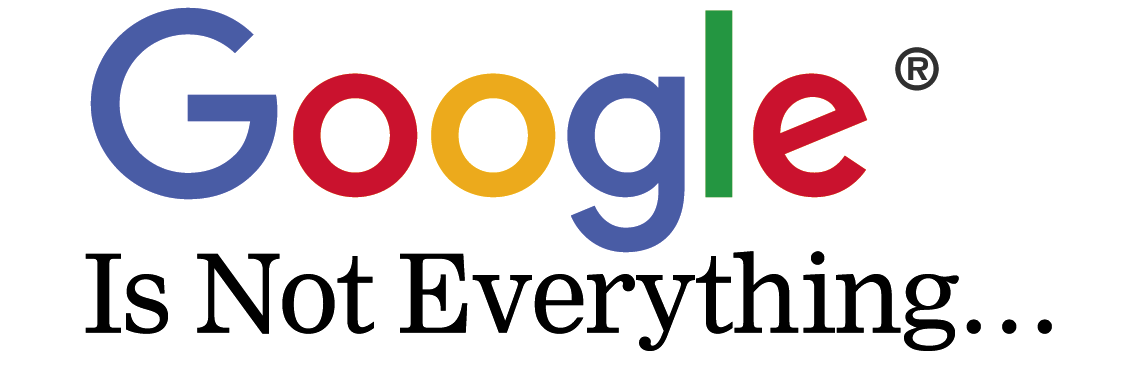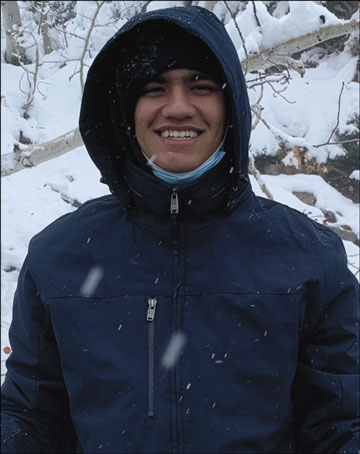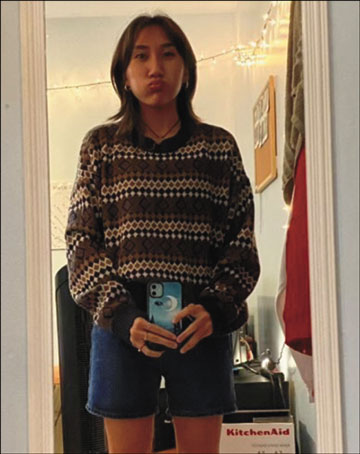
Students rely on the extended media to learn what’s happening in Ukraine
Brooklyn Jones | Maui High School, Class of 2022
Living on an isolated group of islands can be both a blessing and a curse. On one hand, our location keeps us far removed from the troubles and politics of the mainland and the rest of the world. But on the other hand, those same factors make us feel removed, both physically and mentally, to major world events. When devastating world events happen, like the declaration of war against Ukraine by Russia, it is difficult for Hawai‘i residents to understand the gravity of the situation while living halfway across the world. The fact Ukraine’s refugee crisis rivals that of World War II is shocking yet difficult to truly comprehend. When there is nothing people can do about such a grand-scale event, the best course of action to take is to become educated and aware of the subject. Students are taking advantage of the internet, social media and expanded media coverage to do so.

Information is easy to find, simply because it is on every screen we own. Vincent McNabb, a student at Baldwin High School, became well-versed in the history of the relationship between Russia and Ukraine by taking advantage of his online resources. After intense research, he explained to me that Ukraine, along with other small countries like Armenia, emerged as newly independent from the ashes of the USSR in the nineties. It is probably because of Ukraine’s past relationship with Russia that Putin made such an aggressive decision to declare war.
The Baldwin senior has a theory that President Putin plans to “regain” Ukraine’s territory. Vincent points out: “In [Putin’s] mind, the USSR were all one people” and Putin called the fall of the Soviet Union “the greatest catastrophe of the 20th century.” Coupled with the chance of Ukraine joining the North Atlantic Treaty Association (NATO), Russia saw Ukraine as a growing threat. As Vincent says, however, there are “so many ways” Putin could have dealt with this situation that did not need to include violence.

Like many of us, Patrick Borden, a junior at Maui High, fears more people and the global economy will continue to suffer as time goes on. “It’s becoming evident inflation is taking a toll on the families that already struggle financially to make ends meet,” he notes.
In his view, Russia has a corrupt and ignorant leader who is preventing the United States from assisting Ukraine. One of Patrick’s most pressing concerns would be a third World War if the United States would “get involved too much” in the conflict.

The consensus among the students I talked to was a disagreement with President Putin’s war. Bea Dalit recounts a time she watched a video clip on the news. The video “showed a father saying goodbye to his daughter and wife because he stayed behind in Ukraine to help fight.” The Maui High freshman admits how it affected her. She felt so sick and her Mom began tearing up after seeing the heartbreaking clip.
Bea doesn’t solely rely on the TV broadcasts, though. Instagram, an unlikely means, is her primary source of information. “I follow a couple of activism profiles that post updates on the war,” Bea explains. Compared to big news companies selecting events for shocking headlines, she finds the humble accounts include details “the news channels don’t seem to cover.”

Instagram hasn’t been the only resource for students. TikTok, the app famous for dance videos and unique food recipes, gave Leanne Osorno an intimate look into what’s happening in Ukraine. “I follow a girl from Ukraine on social media and I’ve been seeing how it has affected her life,” she shares. Numerous young adults in Ukraine have taken to the internet to share their experiences.
Through another series of videos on TikTok, we see another girl’s daily routine: trips from her hideout in a subway station to her abandoned home to pick up personal items little by little.
Being able to connect virtually with individuals in a warring country across the world has been a “very eye-opening experience” for Leanne. But while having an inside perspective on a conflict is fascinating, she hopes for this senseless war to be resolved soon for the good of her online peers.
True, many people look down on this digitally reliant age. But we can’t ignore how knowledge is now more readily available on the internet. Having access to information about big news at almost instantaneous speeds changes the way we view and deal with these events; seeing videos of real war experiences helps us empathize with the affected people. With electronic devices, we feel less removed from the rest of the world and more united in our stance with Ukraine.
 Google® Is Not Everything … is a monthly column authored by high school students. The title of the column emphasizes education is more than just googling a topic. Google® is a registered trademark. This month’s guest columnist is Brooklyn Jones, a Senior at Maui High School. She is an assistant editor in her school’s journalism program, Saber Scribes, and also a member of the Girls Can STEM Club. Brooklyn is in the ACOM Pathway at Maui High, specializing in graphic design. In her free time, she swims for Hawai‘i Swimming Club, bakes and likes to go to the beach. She is the daughter of Melissa Ligot Jones and Darren Jones.
Google® Is Not Everything … is a monthly column authored by high school students. The title of the column emphasizes education is more than just googling a topic. Google® is a registered trademark. This month’s guest columnist is Brooklyn Jones, a Senior at Maui High School. She is an assistant editor in her school’s journalism program, Saber Scribes, and also a member of the Girls Can STEM Club. Brooklyn is in the ACOM Pathway at Maui High, specializing in graphic design. In her free time, she swims for Hawai‘i Swimming Club, bakes and likes to go to the beach. She is the daughter of Melissa Ligot Jones and Darren Jones.
